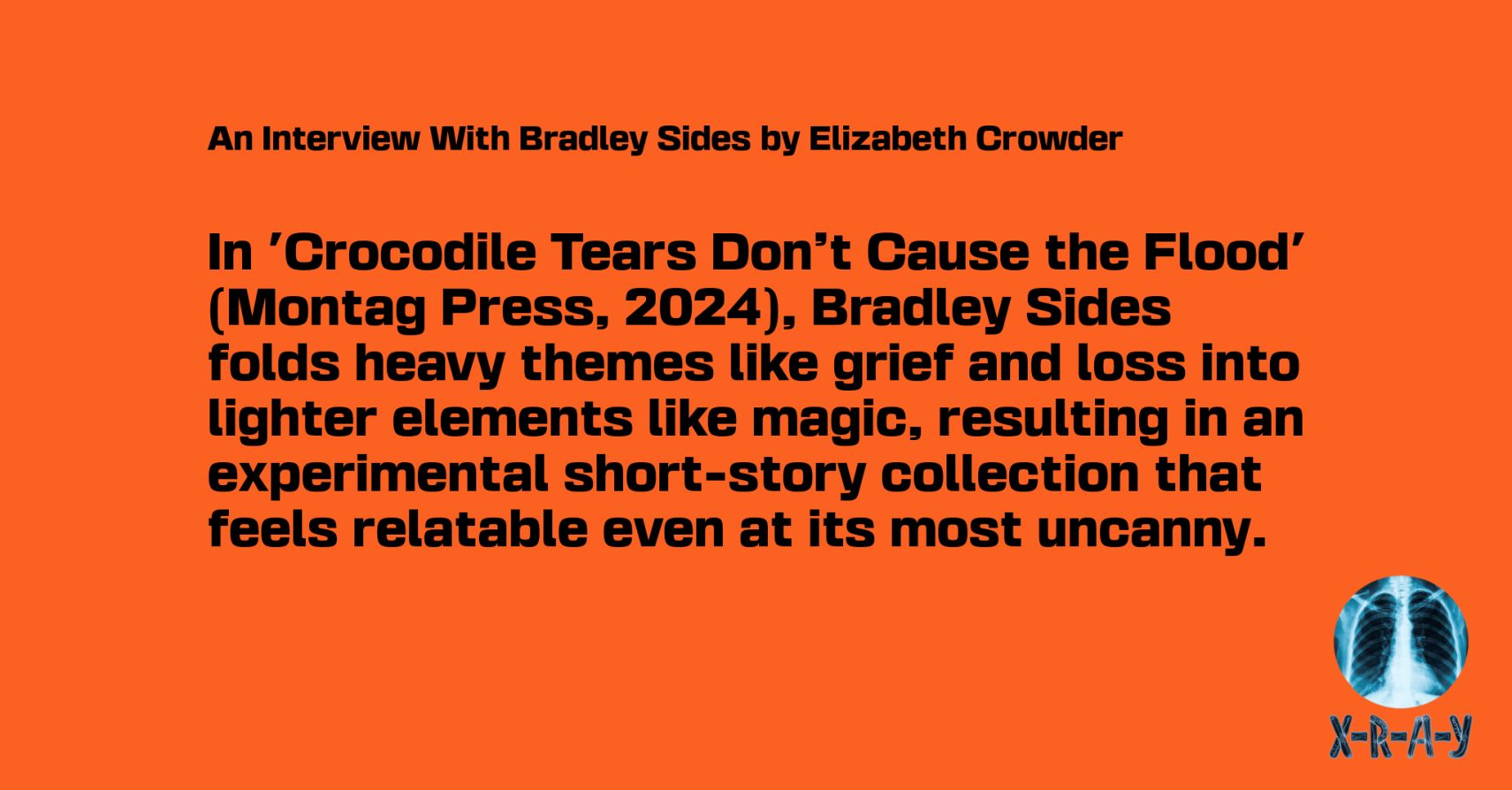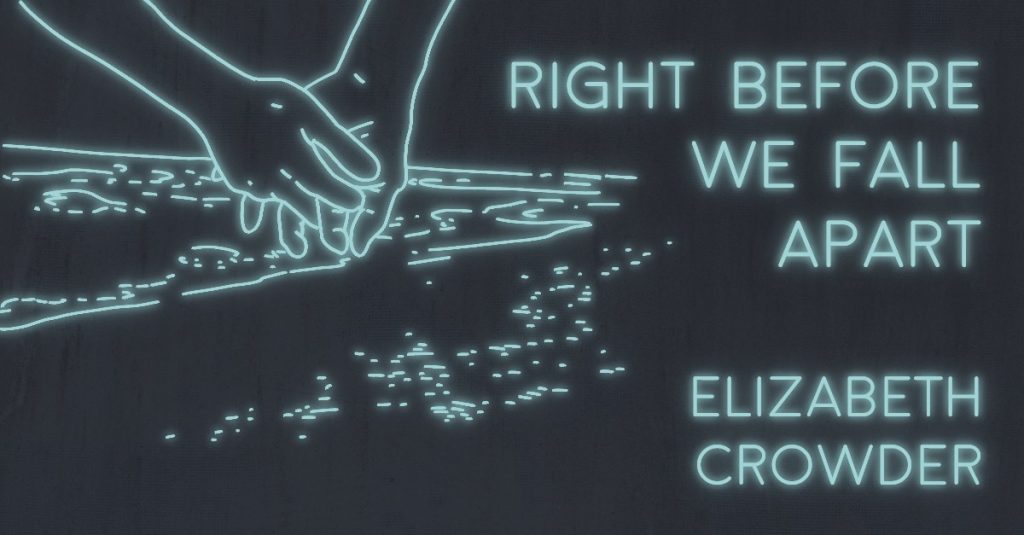
Elizabeth Crowder
Elizabeth Crowder is a writer and law librarian based in Philadelphia, PA. She’s currently working on her first fantasy novel. She is also co-editor of The Sartorial Geek magazine. You can find her on Instagram @thelizcrowder.


RIGHT BEFORE WE FALL APART by Elizabeth Crowder
We sit in cooling sand. You reach out a gritty palm. I don’t move closer. Eight years ago, on this same stretch of beach, with our swelling son arching your back like a comma, we vowed to love each other forever.
“Let’s play a game.” You twist kinky hair around a dark brown finger.
The last game we played was at your parents’ Christmas party. There, in your three-bedroom, one-bathroom childhood home with the red door, you unclenched. Your voice became salty and slippery, an oyster shucked from its shell. You loosened, darkened, said the n-word with a soft “er.” My mouth soured at your pantomime.
I started it. I usually do. You escalated it. You usually do.
We sat at the dining room table waiting for your mother’s “famous greens” to finish cooking. They bubbled in chicken stock and pork fat on the stovetop, shimmering with delight at the thought of stopping my Caucasian heart halfway to a beat.
“Let’s play a game,” you said.
“Okay.”
“Tell me something I don’t know about you.”
“My mother, for all her flaws—” I started to say.
“Racist tendencies,” you interrupt, which is a part of our problem.
“At least she doesn’t cook with salt,.” I said.
“For all her flaws, at least my mother does.”
That night, you got whiskey drunk and whiskey mean. You whispered, “You ruined my life,” as you fell asleep in the twin bed next to mine. Sentiments shouted in anger can be amended, forgiven, washed away. Sentiments whispered in anger are written in stone.
Back on the beach, the sun opens its veins in the capillary waves.
“Let’s play a game,” you say again.
“Okay.” I indulge, which is a part of our problem.
“Tell me something I don’t know about you,” you say.
I don’t remember my brother’s face. Only the dark brown cowlick on the back of his head that I wanted to press down with a spit-dampened palm as we exited the school bus. Only that he was the same age then as my son is now. Only that the truck that separated him from his shoes on that dusty stretch of Lincoln Highway didn’t even stop. Only that we never found the person who killed him. In a world so ephemeral, the concept of forever makes me feel claustrophobic.
“You know everything about me,” I say.
You flush burgundy like pink skin slapped. Your frown comes quick, a herald for your tears.
“I’ll go first, then,” you say. “I never spell the word poignant right on the first try.” Your smile is a quivering olive branch. It’s toothy. It doesn’t reach your eyes.
Something dislocates inside of me. You and I slipped from nothing into something into nothing while I was looking the other way. She felt like a choice. Her pale hair, her widow’s peak, her arched pout. I’m sure she could spell the word “poignant” on the first try.
I think: I’m in love with someone who isn’t you.
I think: I’m in love with someone because she isn’t you. Because I recognize myself in her. Because her mother also doesn’t cook with salt. Because she doesn’t whisper “You ruined my life.”
I say: “It’s getting dark. We should head back in.”
We sit in silence until the sand grows cold around us, until we slip back into nothing.
